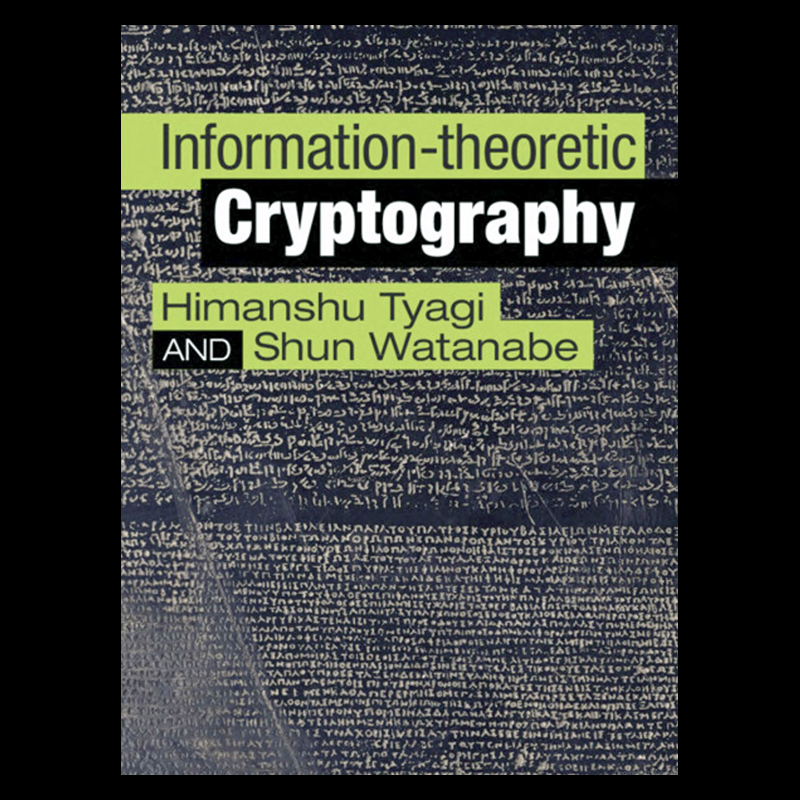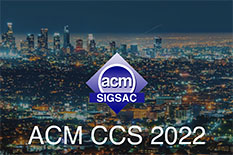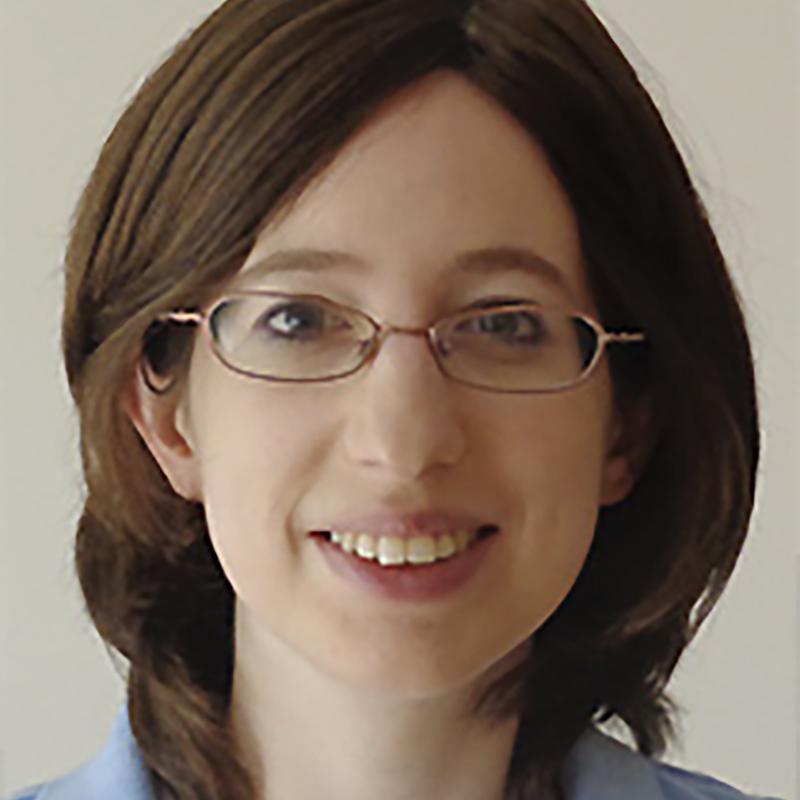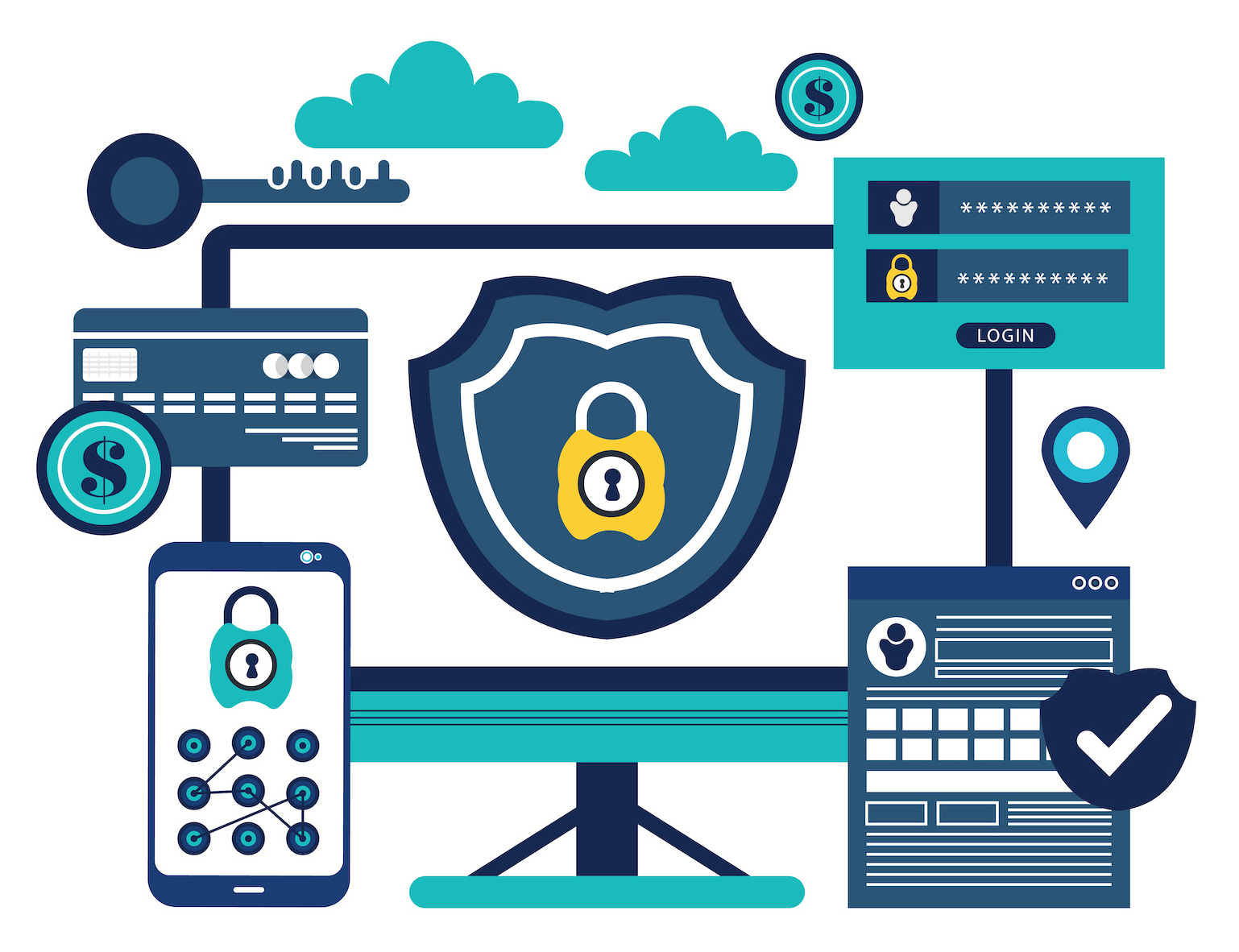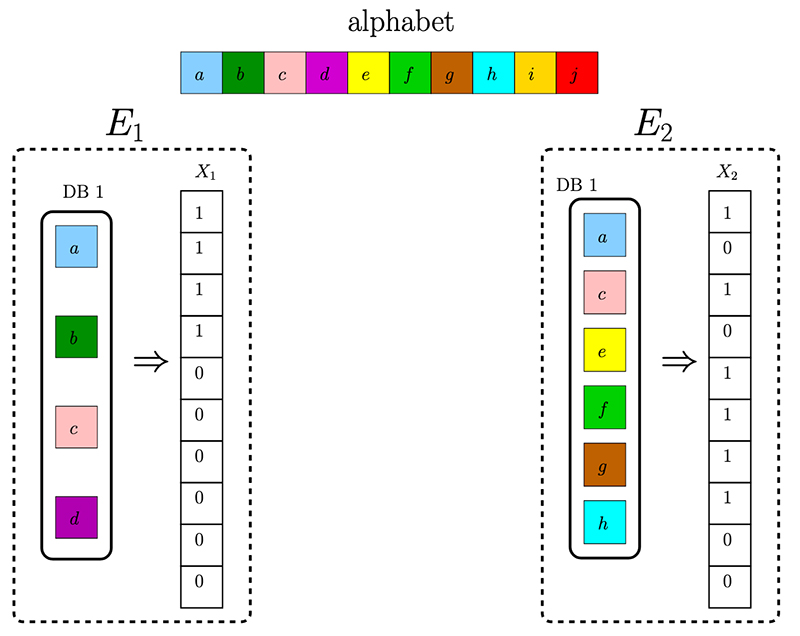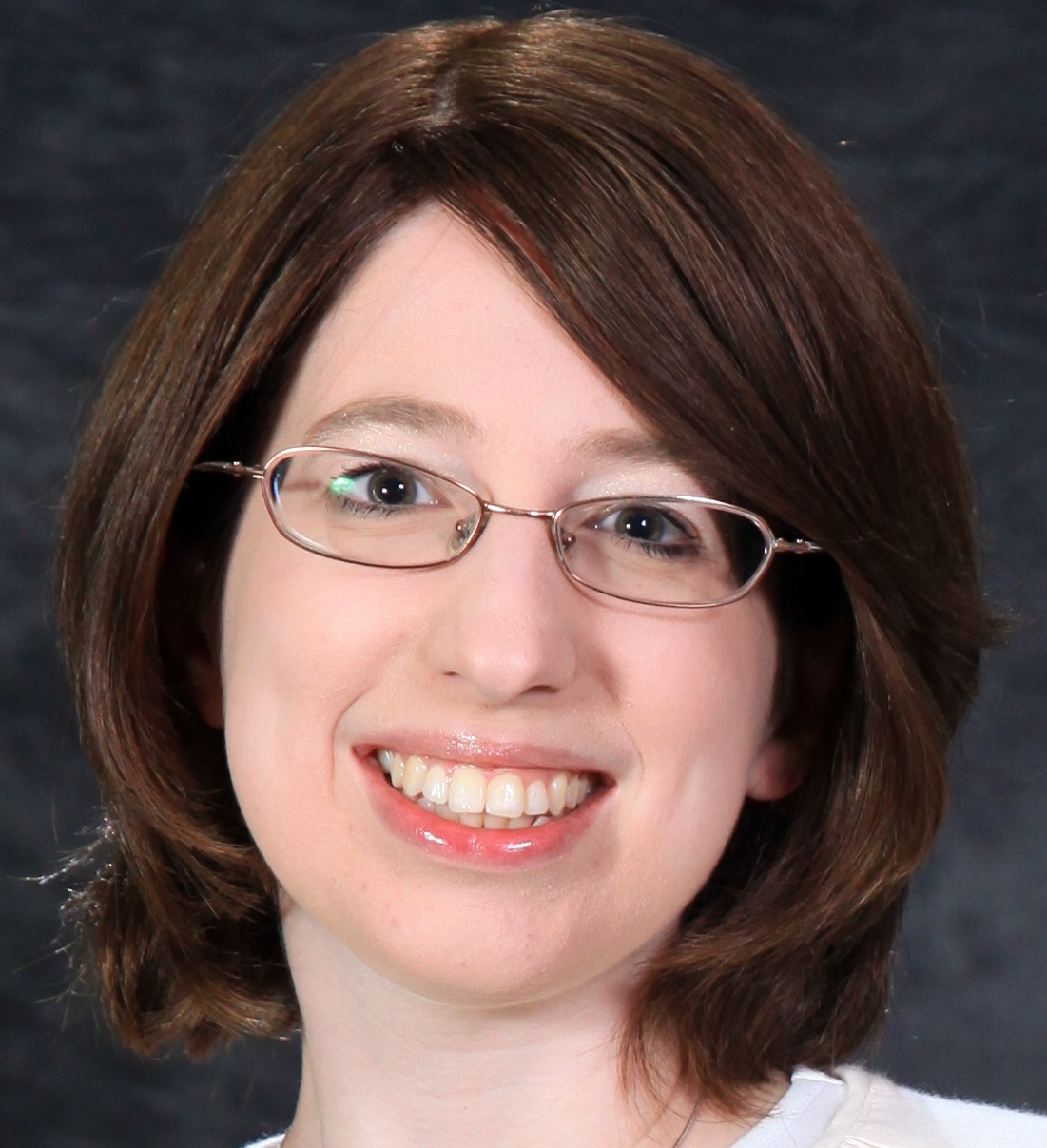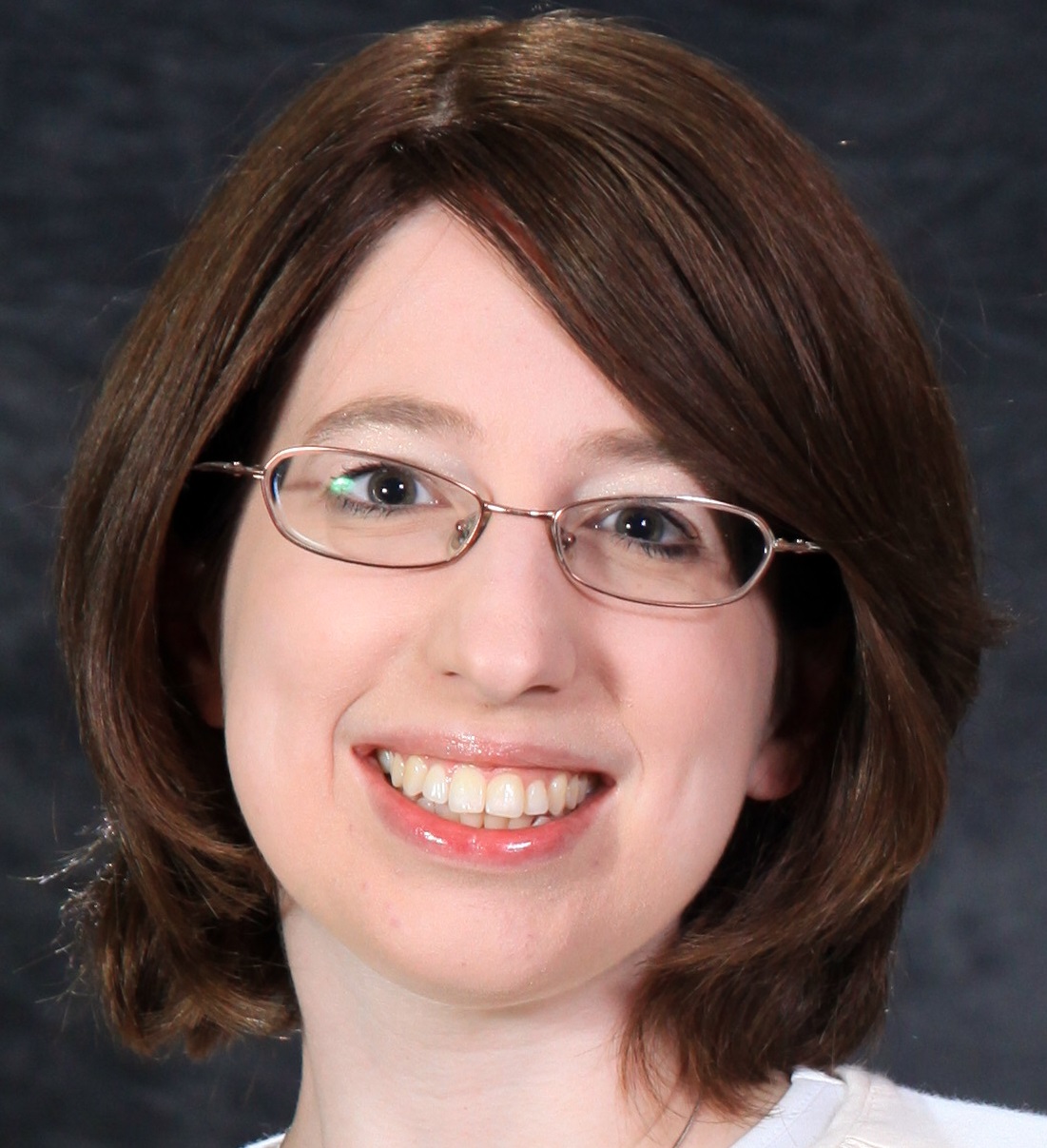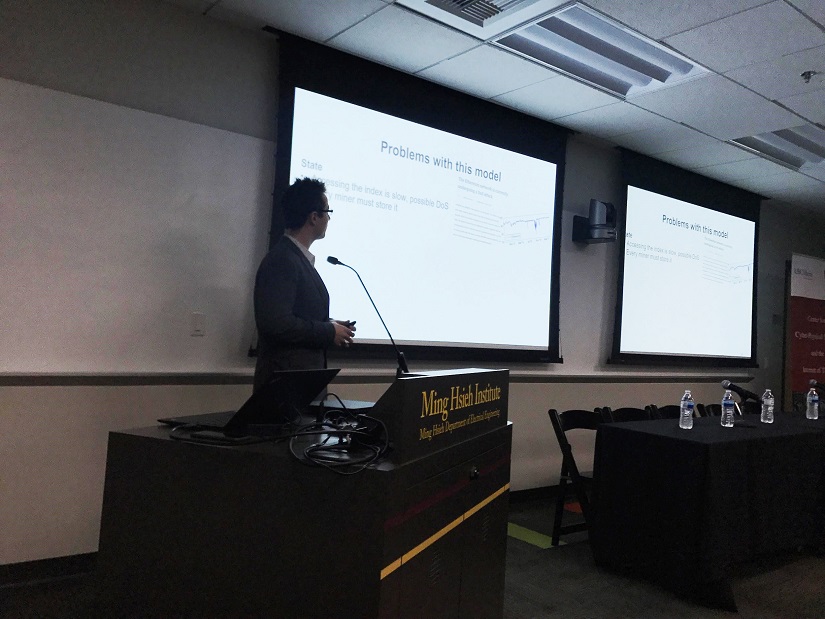News Story
Dachman-Soled Wins 2016-17 Graduate School Research and Scholarship Summer Award
Assistant Professor Dana Dachman-Soled (ECE/UMIACS/MC2) was selected to receive a Graduate School Faculty Support Award at the University of Maryland. Dachman-Soled joined the Department of Electrical and Computer Engineering and the Maryland Cybersecurity Center (MC2) in the fall of 2013.
Dachman-Soled will receive a Research and Scholarship Award (RASA) for the summer of the 2016-2017 academic year to support her project, “Data Integrity for Dynamic Memory via Locally Decodable and Updatable Non-Malleable Codes.” Mukul Kulkarni and Aria Shahverdi, both pursuing doctorate degrees in electrical engineering at the University of Maryland, will be working on this research.
The goal of the project is to take locally decodable and updatable non-malleable codes (a new notion originally developed by Dachman-Soled and co-authors for the purpose of achieving security for dynamic memory in the hardware tampering setting) and to apply them to a server-client setting. The project will focus on settings where databases are stored across two or more servers and are continually accessed by a large number of authorized users, e.g. a database storing medical records in a large hospital. If the servers are hacked, the new methodology should prevent the attacker from downloading meaningful data, or worse, modifying data stored in the database. The researchers plan to do this by developing new (leakage-resilient) locally decodable and updatable non-malleable codes that are secure against bounded retrieval adversaries—attackers whose only restriction is that they cannot download large amounts of data in a short period of time—and then use these new encoding schemes to encode the database. Dachman-Soled, et-al, believe this threat-model is realistic under the assumption that an attacker who tries to download too much data at once will be detected by network security monitors.
Dachman-Soled’s research interests mainly lie in cryptography, complexity theory, and security. The Faculty Support Award Program supports faculty research, scholarship, and creative activity while enhancing graduate student mentoring. Other benefits: it encourages fellowship proposal writing and increases visibility of faculty achievement.
Published December 14, 2015
